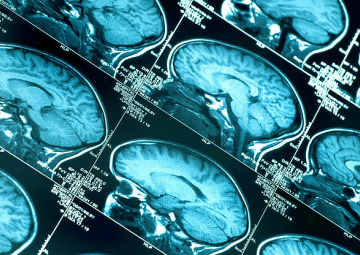Why do your PhD or Masters by Research project with CHeBA?
Doing a PhD or Masters by Research project with CHeBA provides an excellent opportunity for developing outstanding research skills and expertise within the field of brain ageing research.
Our graduates have gone on to successful careers as health care practitioners, post-doctoral researchers, academics, policy makers and consultants.
A PhD or Masters by Research can also assist those working in relevant fields to develop new research insights which can impact practice and policy.
In addition to supervision, a range of specialised resources and support is offered through CHeBA. This includes:
- Regular CHeBA Forums (at which students present their research, receive feedback from post-doctoral researchers and senior staff, and network with other researchers in relevant fields)
- Educational sessions and seminars on key issues in research (including scientific writing, writing manuscripts for publication, grant applications, travel grants, presenting at conferences, statistics for ageing research)
- CHeBA Higher Degree Research Student Mentoring Program (for UNSW School of Psychiatry Masters by Research and PhD students in the final year of enrolment. The mentoring program links students with mentors in the field who help them develop and implement a post-doctoral career plan).
Relevant Backgrounds for Potential Applicants
As a multidisciplinary Centre, we are interested in applicants from a range of backgrounds who can apply new perspectives to current issues. Relevant academic qualifications and career backgrounds for conducting a Masters by Research or PhD with CHeBA include:
- Allied health workers (social work, occupational therapy, diversional therapy, welfare), with experience in the aged care or aged mental health sectors
- Anthropology and social sciences (e.g. for studying aged care environments, social and cultural factors related to ageing, the experience of ageing and aged care services)
- Architecture (e.g. for residential care)
- Biostatistics
- Electrical engineering and computing (e.g. for assistive living and technological aids)
- Ethicists
- Health economics
- Information technology (including software engineering, programming, networking)
- Laboratory expertise (including stem cell research, genetics, animal research)
- Medicine
- Pharmacology (e.g. for drug trials and therapeutic approaches)
- Psychiatry or neuropsychiatry
- Psychology or neuropsychology
- Public health
- Science








